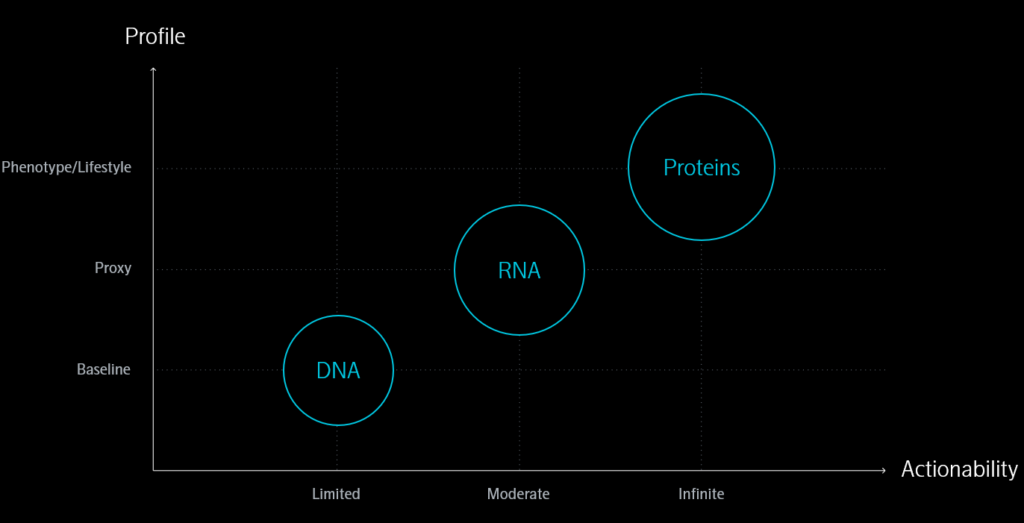Olink’s vision is to accelerate proteomics together with the drug development and research communities to achieve the goal of precision medicine and individualized healthcare, based on a deep understanding of real-time human biology.
Collaboration is key
Our game-changing technology is a significant step in realizing that goal, but it is only by working closely with the scientific community that our vision can be driven forwards. Collaboration and sharing are at the heart of scientific progress, and we are delighted to see the creation of customer-driven consortia that are dedicated to these principles across a growing range of therapeutic areas. International consortia such as SCALLOP, CORAL, and COLLIBRI are sharing and combining their Olink-generated protein data from multiple cohorts, to greatly increase the statistical power of their studies and rapidly gain key insights to accelerate progress. Olink applauds and supports these initiatives and we see this collaborative approach as a key and growing factor in helping proteomics deliver on its objectives.
From basic biology to novel therapeutics
We also see the rapidly growing importance of protein biomarker programs right across the drug discovery and development process and will continue to work closely with the industry to maximize the impact of proteomics in delivering new and better therapies.
Olink will increasingly stand at the hub connecting basic and clinical research with drug development, continually developing new protein biomarker solutions that can accelerate the implementation of new biological insights into better outcomes for tomorrow’s patients.
Realizing the vision
Olink is committed to help achieve our vision of a new era of precision medicine based on a proteomics-driven, deep understanding of human biology:
- Through an ever-improving portfolio of world class proteomic solutions more accessible to a wider audience
- By supporting and facilitating open collaboration and data sharing among the research community and pharmaceutical industry
- By providing cutting-edge tools for biostatistical analysis and bioinformatics to help transform increasingly large and complex datasets into actionable insights and biological understanding
Hear what Professor Matthias Uhlén (Royal Institute of Technology, Stockholm) has to say about the promise of proteomics and the role of Olink technology in this exciting future for biological science and precision medicine in the video below!
